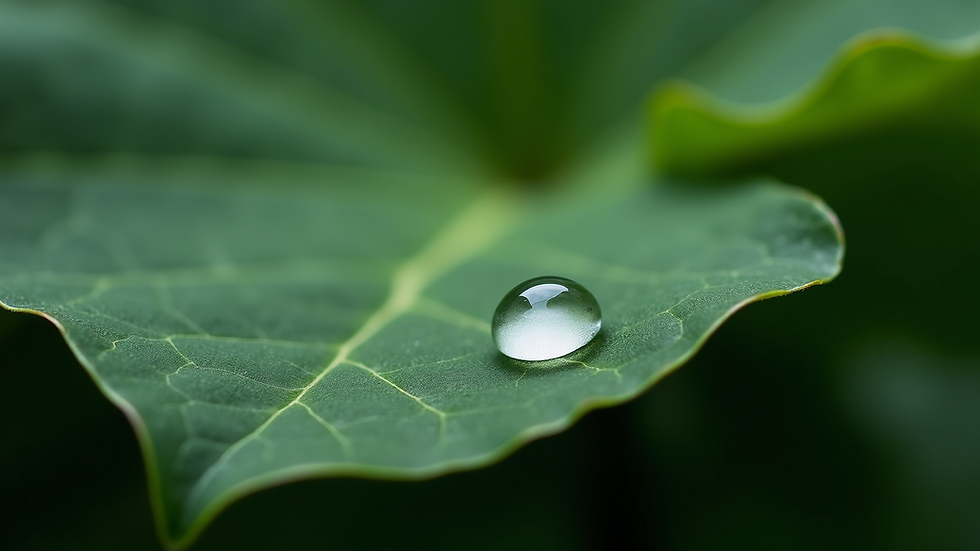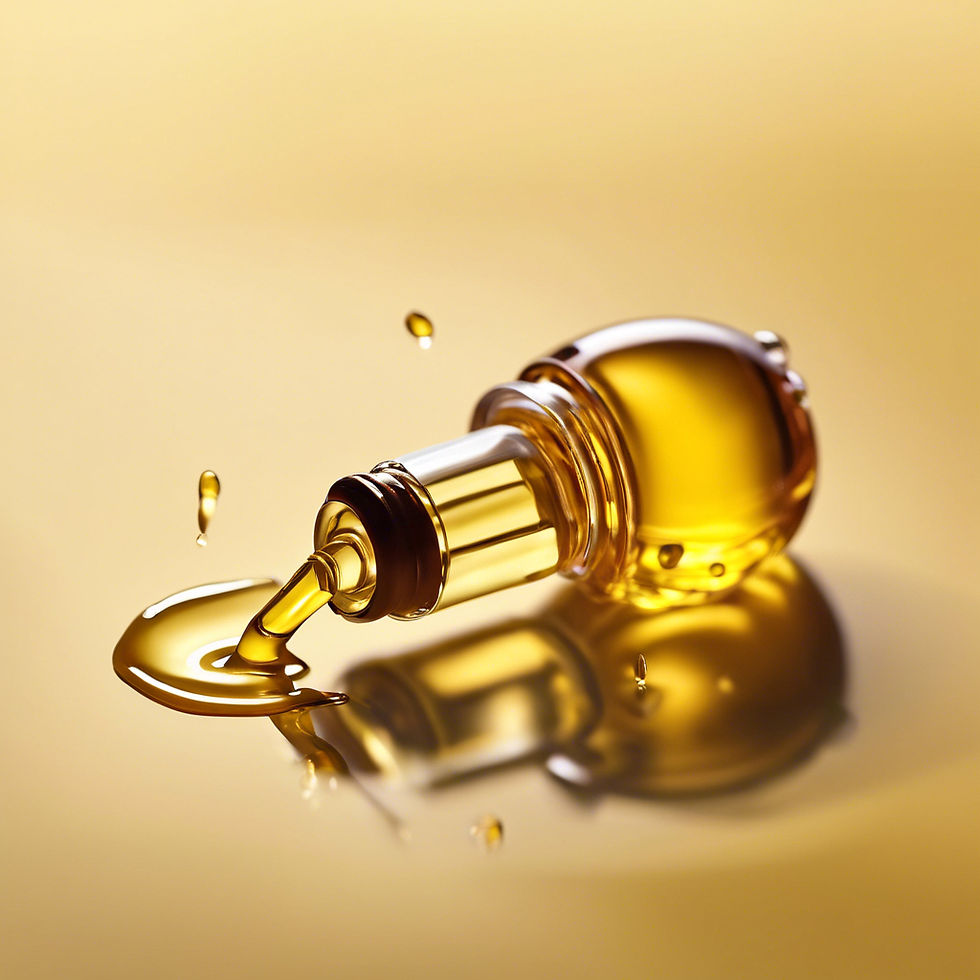How to Keep Your Skin Moisturized All Year Round
- beauty150
- 8 hours ago
- 4 min read
Keeping your skin moisturized throughout the year can be a challenge. Changes in weather, indoor heating, and lifestyle habits all affect your skin’s hydration levels. Dry, flaky skin is uncomfortable and can lead to irritation or premature aging. Fortunately, with the right knowledge and routine, you can maintain healthy, glowing skin no matter the season.
Understanding Skin Hydration and Its Importance
Skin hydration means maintaining the right balance of water in your skin cells. When your skin is well-hydrated, it looks plump, smooth, and radiant. Dehydrated skin, on the other hand, appears dull, tight, and flaky. This happens when the skin loses moisture faster than it can retain it.
Several factors influence skin hydration:
Weather conditions: Cold, dry winter air and hot, dry summer heat can both strip moisture from your skin.
Indoor environments: Indoor heating and air conditioning reduce humidity indoors.
Skin type: Some skin types, like dry or sensitive skin, are more prone to dehydration.
Lifestyle: Diet, water intake, and skincare habits all play a role.
To keep your skin moisturized, you need to protect its natural barrier and replenish lost moisture regularly.

Tips for Maintaining Skin Hydration Year Round
Here are practical steps you can take to keep your skin moisturized no matter the season:
1. Choose the Right Cleanser
Avoid harsh soaps and cleansers that strip your skin of natural oils. Opt for gentle, hydrating cleansers that maintain your skin’s moisture barrier. Look for ingredients like glycerin, hyaluronic acid, and ceramides.
2. Use a Humidifier Indoors
During dry months, especially winter, use a humidifier to add moisture to the air. This helps prevent your skin from drying out due to indoor heating.
3. Apply Moisturizer Immediately After Washing
Lock in moisture by applying your moisturizer while your skin is still slightly damp. This helps seal in hydration.
4. Protect Your Skin from Harsh Weather
In cold or windy weather, cover exposed skin with scarves and gloves. Use a richer moisturizer to provide extra protection.
5. Stay Hydrated from the Inside
Drink plenty of water throughout the day. Eating water-rich foods like cucumbers, watermelon, and oranges also supports skin hydration.
6. Avoid Long, Hot Showers
Hot water can strip oils from your skin. Use lukewarm water and limit showers to 5-10 minutes.
7. Exfoliate Gently and Regularly
Removing dead skin cells helps moisturizers penetrate better. Use a gentle exfoliant once or twice a week.
8. Incorporate Hydrating Serums
Serums with ingredients like hyaluronic acid can boost your skin’s moisture levels before applying moisturizer.

What is the Most Hydrating Skin Care?
When it comes to the most hydrating skin care, products containing hyaluronic acid are often considered the gold standard. Hyaluronic acid is a powerful humectant that attracts and holds water in the skin, providing intense hydration without feeling heavy or greasy.
Other key ingredients to look for include:
Glycerin: Draws moisture into the skin.
Ceramides: Help restore the skin’s natural barrier.
Squalane: A lightweight oil that locks in moisture.
Aloe Vera: Soothes and hydrates irritated skin.
Using a combination of these ingredients in your skincare routine can dramatically improve your skin’s hydration levels.
For those looking for effective options, hydrating skincare products that combine these ingredients can be a great choice. They are designed to nourish and protect your skin all day long.

Seasonal Skincare Adjustments for Optimal Hydration
Your skin’s hydration needs change with the seasons. Adjusting your routine accordingly can help maintain balance.
Winter
Use richer creams and oils to combat dry, cold air.
Avoid alcohol-based toners that can dry out skin.
Increase use of occlusive ingredients like petrolatum or shea butter.
Summer
Opt for lighter, gel-based moisturizers that hydrate without clogging pores.
Use sunscreen daily to protect skin from UV damage, which can dry skin.
Reapply moisturizer after swimming or sweating.
Spring and Autumn
These transitional seasons require moderate hydration.
Use medium-weight moisturizers and adjust based on how your skin feels.
Lifestyle Habits That Support Skin Hydration
Beyond topical care, your daily habits impact skin moisture:
Balanced diet: Include omega-3 fatty acids from fish or flaxseed to support skin barrier health.
Limit caffeine and alcohol: Both can dehydrate your body and skin.
Get enough sleep: Skin repairs itself during rest.
Relax with me-time: High stress can affect skin barrier function.
By combining good skincare with healthy habits, you can keep your skin hydrated and glowing year-round.
Embrace Consistency for Lasting Skin Hydration
The key to maintaining moisturized skin is consistency. Develop a simple daily routine that includes cleansing, hydrating, and protecting your skin. Avoid skipping steps, especially during harsh weather changes.
Remember, your skin’s hydration needs may evolve, so listen to your skin and adjust your products and habits accordingly. With patience and care, you can enjoy soft, supple skin every day.
Maintaining skin hydration is a continuous process that requires attention to both external care and internal health. By following these tips and choosing the right products, you can keep your skin moisturized and radiant throughout the year.



Comments